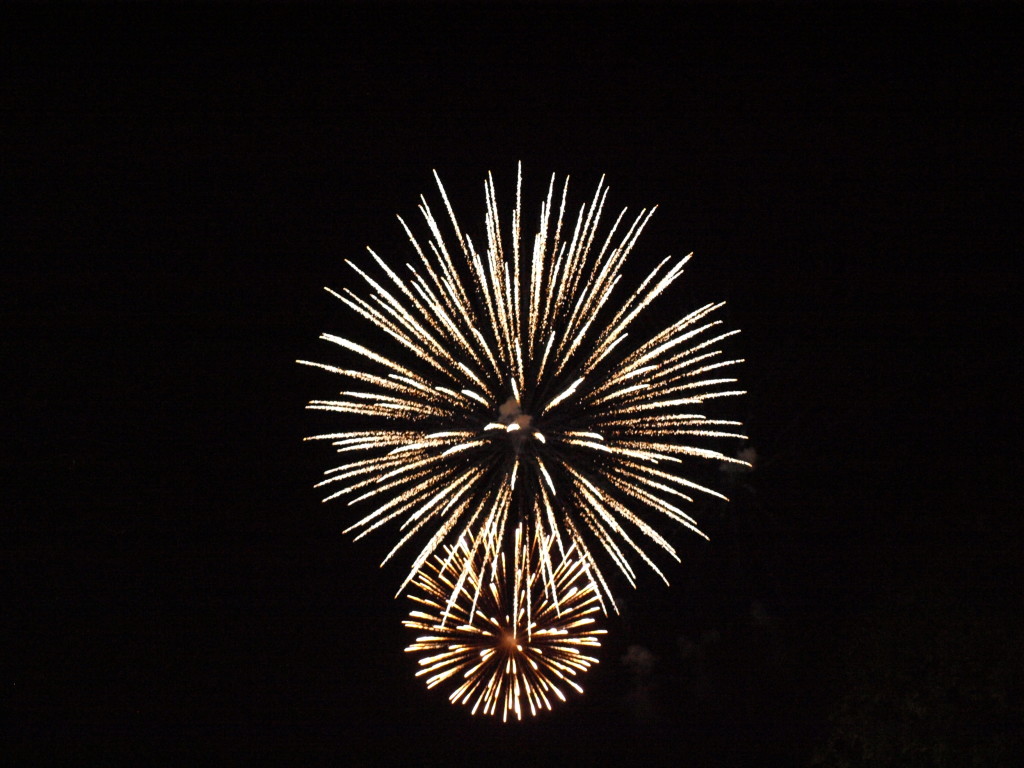Launching Clare Consultation: Right into the Big Middle of Change
Maybe it’s being 14 years into a brand new millennium. Maybe it’s living on this side of 2012, the year so long identified by the Mayan People for its pivot point – for signifying radical shifts in human awareness, in behavior and community. Maybe it’s what I’ve heard a few very wise ones refer to as the quickening.
Whatever the case, here we are. Like it or not, aware or not, there sure is a load of change going on.
Follow the news can bring one quickly to the conclusion that this change is dominated by desperate and horrific circumstances. Fiery unrest in the Ukraine, persistent devastation and terror in Syria, chronic destruction of Palestinian homes in the West Bank that is now repetitive and cruel to the point of being rote. And closer to home, an economy that remains robust only for its few benefactors and veteran suicides becoming more frequent every month – a helpless symptom of our country’s uncertain and too often inaccessible healthcare and employment. All the while consistently infuriating behaviors by elected officials in federal and state government cited in a recent Gallup poll as topping charts as the greatest concern of U.S. citizenry.
But there is another side to all of this. In the time I’ve been working on this website, on “retooling” to shifting my long career as an academic toward wider reach, I’ve seen a great deal of evidence of human innovation, compassion, even transformation. I’ve seen this evidence in actions taken toward ideas, policies and practices that contribute to the wellbeing of everyone and everything. All of these, credible signs of the quickening noted with such matter-of-fact confidence by the wise ones.
Some of this evidence has come from being a part of discussions with the mental health community of India, related to the enormous post-colonial task of articulating for the first time country-specific ethical principles for practice and research. Such action would set in irrevocable motion several centuries of change as diagnostics, prevention and treatment strategies, methods of graduate preparation and, of course, the theory and research in India’s knowledge bases are brought into line with ethical guidelines of their own authoring.
I’ve also had the chance to support some of the work of Indigenous communities on major rivers around the world who are networking to ensure clean water and healthy fish for every next generation. Most intensely, I’ve been an observer at the most recent Summit of the Yukon River Inter-Tribal Watershed Council (YRITWC). Seventy Alaska Native Tribes and Canada First Nations formed and maintain this formal affiliation to support their application of traditional knowledge and modern science toward reclaiming clean water and healthy fish in the Yukon River Basin. Word of their focused and practical efforts has spread to indigenous peoples on major rivers around the globe. Under the leadership of Jon Waterhouse a larger organization, the Network of Indigenous Knowledge is being built to coordinate both technical capacity and communication among these communities. Already indigenous people of the Amazon, MeKong, Lena (Russia) and White Nile Basins are becoming engaged.
These experiences are like mega-vitamins for my growing devotion to the idea – and beyond that to the realization – of high-character leadership. I see this leadership in India. I see it along the world’s rivers. I see it as well in the work of thought leaders in business – leaders like Fred Kiel. Kiel speaks most directly to moral intelligence in leadership. In recent years he and his colleagues have amassed plentiful data revealing the link between productivity and leadership that draws on the head and the heart – leadership that includes integrity, responsibility, forgiveness and compassion.
For me, all of this evidence has only increased the credibility of what I’d heard in 2009 when I drove the country to collect American voices speaking on change – on constancy – on what matters most. Collected in 100 Voices – Americans Talk about Change, these people across all walks of life wanted peace. They wanted clean air and water and homes and work. They wanted honest leadership and strong education so the creativity and integrity of leaders could continue – could, as many said, be reclaimed.
We’re not there yet, but as I look around it appears clear to me that we’re headed in the right direction. In many ways, the desperation and horror stand as the perfect curriculum for a world – a humanity – in dire need of reclaiming its heart, its essential kindness and the character that conveys these inherent ways of being and knowing.
So, with the launch of clareconsultation.com, and the renewal of this blog roll, you can come here to think with me on what leadership of high character looks like and does in the inevitable stream of change and constancy, and how this leadership shows up in every one of us.
 Clare Consultation, LLC
Clare Consultation, LLC
Thank you for this epic reminder that great messages are spreading, quietly and deeply. At a time when the news is dominated by stories that make us feel bad or feel nothing at all, your work focuses on positive change, and it is fostering that change.
Hats off to you!
Hi Mary. I realize that most of the time I am just dismayed by what I see in the news and feel both helpless and hopeless about our world’s future. This opening statement made me realize there’s another side to the coin that I need to pay attention to. I will.